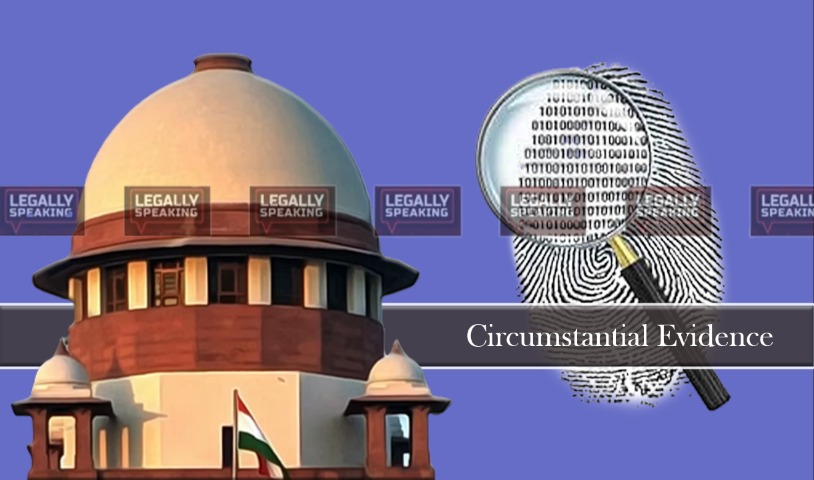
The Supreme Court recently highlighted the importance of a complete chain of evidence in cases relying on circumstantial evidence, while acquitting a man in a murder case dating back 22 years in the case of Laxman Prasad @ Laxman v. State of Madhya Pradesh.
A division bench consisting of Justices Vikram Nath and Ahsanuddin Amanullah stated that if there are any missing or unproven links in the chain of circumstantial evidence, the case against the accused would crumble.
The judgment emphasized, “In a case of circumstantial evidence, the chain has to be complete in all respects so as to indicate the guilt of the accused and also exclude any other theory of the crime. The law is well settled on the above point.”
The Court’s observation was made during the consideration of an appeal that challenged a 2010 decision by the Madhya Pradesh High Court, which upheld the appellant’s conviction under Section 302 of the Indian Penal Code, related to murder.
In this particular case, the circumstantial evidence presented by the police against the accused included motive, last seen, and the recovery of an assault weapon from the appellant.
The High Court had determined that two of these elements, namely motive and last seen, had been established. However, the third element, which involved the recovery of a weapon from the appellant, was deemed unproven or invalid.
However, the High Court upheld the appellant’s conviction for murder.
Upon further appeal, the Supreme Court determined that the High Court had made an error in its approach.
Citing precedents such as Sharad Birdichand Sharda v. State of Maharashtra (1984) and Sailendra Rajdev Pasvan v. State of Gujarat (2020), the Supreme Court noted that if the High Court had found a missing or unproven link, it should have interfered with the conviction according to established legal principles.
Consequently, the Supreme Court overturned the appellant’s conviction and allowed the appeal.




